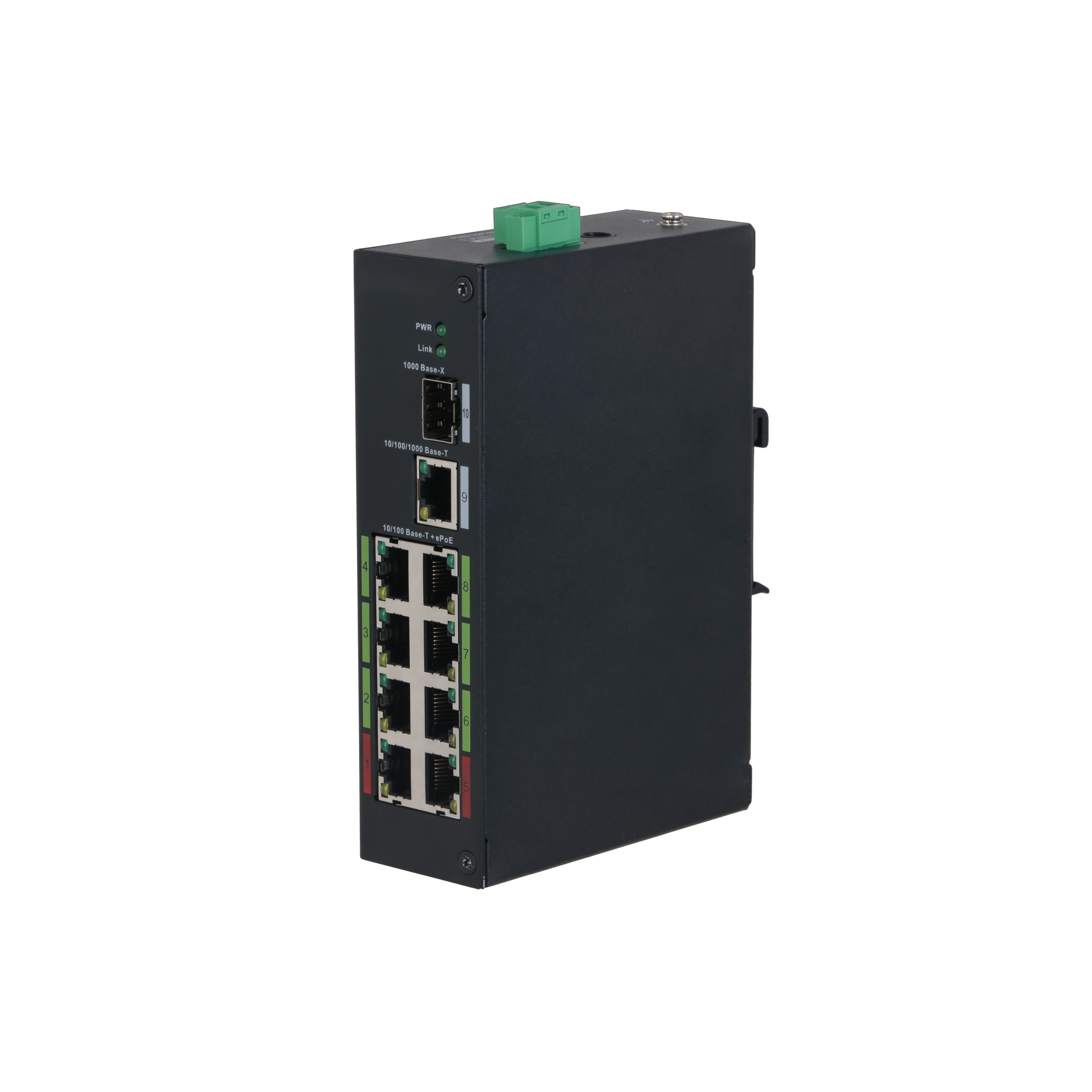- Sep 4, 2016
- 30
- 2
I've been using Arlo cameras as a temporary measure, as they are easy to install and the notifications work. I've never had any luck with Notifications and my Hikvision cameras. I think I need to upgrade my NVR though.
I was going to run three camera cables through the attic to the POE switch in my office, but I got thinking that I could install a POE switch under the covered deck and use the existing deck camera cables to feed back to the network. Same thing for the garage, use the garage camera cable to feed the network and feed my additional cameras to the switch.
I have a Ubiquity network, but I think I'd just use some cheap TP Link POE switches for my cameras. The deck rafters are completely storm proof, the only issue being the Raccoons, but they've never bothered the existing wiring out there. I've already tested adding a POE camera to my NVR, and it works fine.
Has anyone done this with Hikvision? I saw another thread where someone asked a similar question about another brand.
I was going to run three camera cables through the attic to the POE switch in my office, but I got thinking that I could install a POE switch under the covered deck and use the existing deck camera cables to feed back to the network. Same thing for the garage, use the garage camera cable to feed the network and feed my additional cameras to the switch.
I have a Ubiquity network, but I think I'd just use some cheap TP Link POE switches for my cameras. The deck rafters are completely storm proof, the only issue being the Raccoons, but they've never bothered the existing wiring out there. I've already tested adding a POE camera to my NVR, and it works fine.
Has anyone done this with Hikvision? I saw another thread where someone asked a similar question about another brand.






